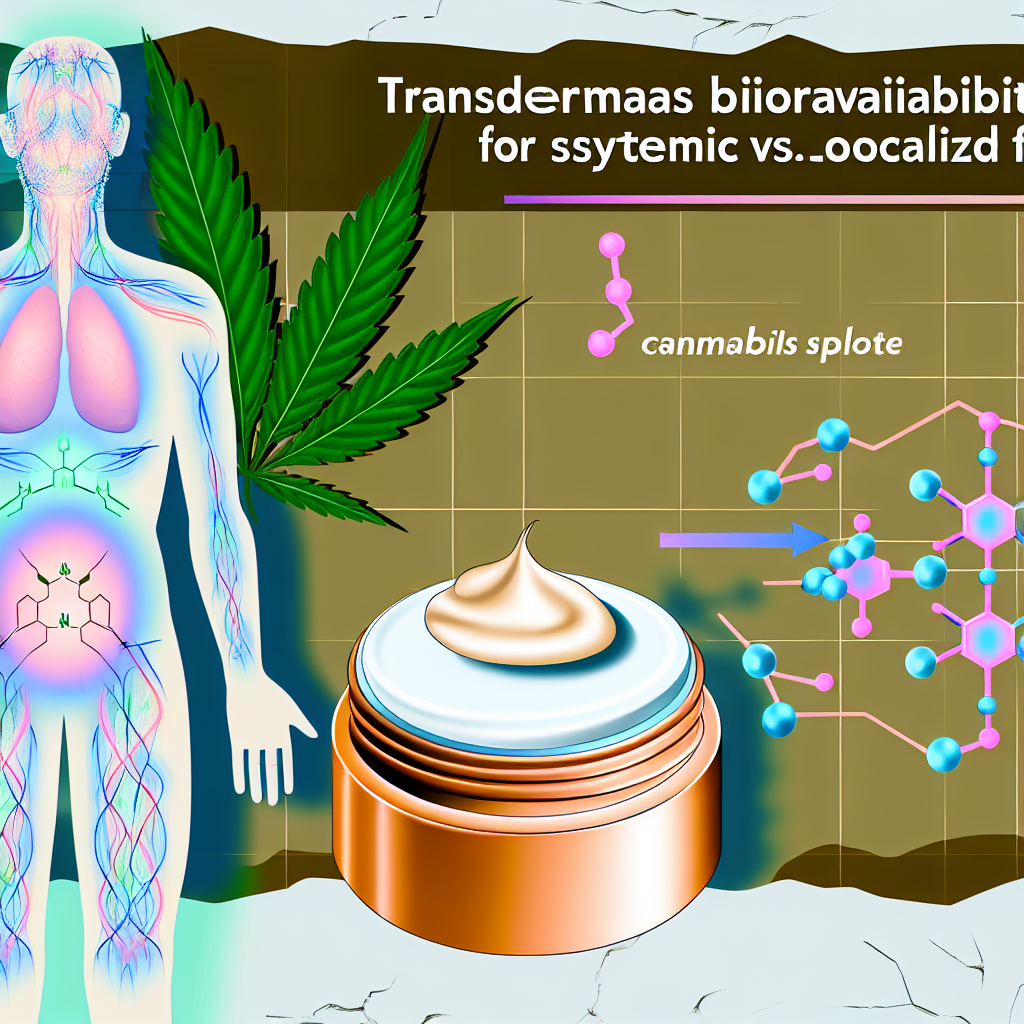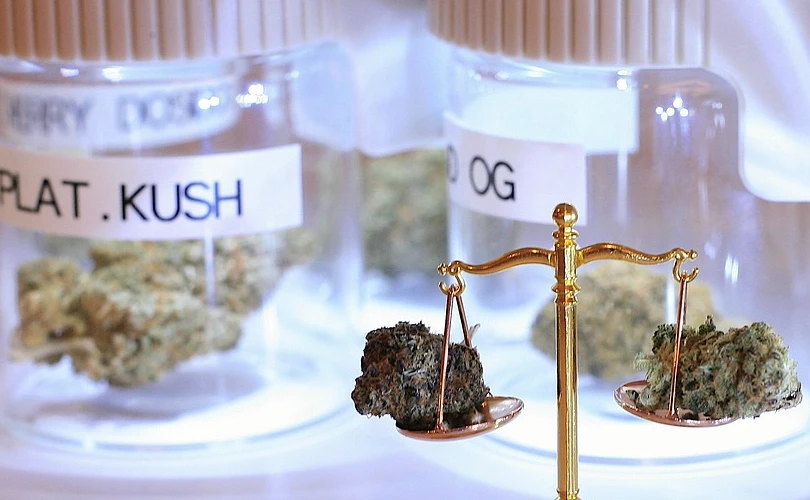Cannabis and Menopause: Hormone Balance Through Cannabinoid Therapy
Embracing the Change: How Cannabis is Transforming Menopausal Health
Menopause marks a significant milestone in a woman’s life. Typically occurring between the ages of 45 and 55, menopause signals the end of menstruation and fertility, accompanied by a variety of physical, emotional, and cognitive transitions. These changes are driven by fluctuating levels of key hormones—especially estrogen and progesterone—which can bring on symptoms like hot flashes, mood swings, night sweats, vaginal dryness, insomnia, and decreased libido.
While traditional hormone replacement therapy (HRT) has long been the primary treatment option, many women are seeking natural, alternative solutions with fewer associated risks. Enter cannabis.
In recent years, the conversation around cannabis and women’s health has gained traction, especially in communities focused on holistic healing. With the endocannabinoid system (ECS) playing a crucial role in regulating mood, sleep, pain perception, and hormone balance, cannabinoid therapy has emerged as a promising option for easing the symptoms of menopause. Cannabinoids such as THC (tetrahydrocannabinol) and CBD (cannabidiol) are known to interact with ECS receptors, potentially offering relief in symptom areas like anxiety, chronic pain, and insomnia—all common complaints during the menopausal transition.
Moreover, the anti-inflammatory and neuroprotective properties of cannabinoids may help mitigate long-term menopausal risks, such as osteoporosis and cardiovascular disease. And since cannabis is increasingly viewed not just as recreational, but therapeutic, a growing number of healthcare providers and cannabis professionals are exploring safe, effective protocols for incorporating cannabinoids into menopausal care.
The rise of cannabis-infused wellness products, such as tinctures, edibles, suppositories, and skincare items specifically aimed at menopausal women demonstrates the growing demand for targeted cannabinoid therapies. From specialized CBD vaginal lubricants to low-dose THC gummies for improved sleep, the cannabis industry is evolving to address the very real needs of women undergoing this life stage.
This article explores how cannabinoid therapy can impact hormonal balance during menopause, diving into current science, medical research, and practical applications for both consumers and cannabis professionals alike.
The Science Behind the Relief: How Cannabinoids Support Menopausal Symptoms
As cannabis becomes more widely studied, its therapeutic potential in managing menopause symptoms has gained scientific interest. While comprehensive large-scale clinical trials are still sparse due to federal restrictions, a growing body of research and anecdotal evidence suggests that cannabinoid therapy holds real promise.
A pivotal study published in the journal Maturitas (2020) found that women are increasingly using cannabis to manage menopause-related symptoms. The study, which surveyed over 230 women in California, revealed that more than 27% reported using cannabis for symptom relief, with sleep disturbances and mood swings being the most common targets. Notably, another 10% of respondents expressed interest in trying cannabis in the future for managing menopausal symptoms. This reflects both the perceived efficacy and the growing acceptance of cannabinoid-based treatment options.
The endocannabinoid system (ECS), which regulates physiological processes including pain, emotion, and hormonal balance, may play a central role in the therapeutic effectiveness of cannabinoids during menopause. Estrogen appears to modulate the ECS, as suggested in a 2013 study published in Current Pharmaceutical Design. The study showed that estrogen levels influenced ECS activity, such as endocannabinoid tone and receptor expression, indicating a complex interplay between hormonal changes during menopause and ECS function. As estrogen declines, ECS dysregulation may contribute to symptom onset, and cannabinoids may help rebalance this system.
CBD vs THC: Decoding Cannabinoids for Hormonal Harmony
CBD and THC interact differently with the CB1 and CB2 receptors of the ECS. While THC binds directly to CB1 receptors in the brain—leading to psychoactive effects—CBD modulates receptor activity indirectly and is known for its non-intoxicating, anti-inflammatory, and anxiolytic properties.
A 2019 study in Frontiers in Immunology highlighted CBD’s impact on systemic inflammation, suggesting potential benefits in reducing the inflammatory symptoms often experienced during menopause, such as joint pain and headaches.
Furthermore, cannabinoids may help with menopause-related sleep disturbances. A 2021 review in Cannabis and Cannabinoid Research examined the impact of cannabinoids on sleep, noting improved sleep quality and reduced insomnia as key benefits. THC has been shown to decrease REM sleep latency, while CBD may promote deeper, more restorative sleep across various stages.
Beyond Symptom Relief: Cannabis and Bone Health After Menopause
Cannabis may also support bone health in the post-menopausal years. Estrogen deficiency is linked to increased bone resorption, which can lead to osteoporosis. A 2017 preclinical study in Frontiers in Pharmacology demonstrated that activation of CB2 receptors—via selective cannabinoids—could stimulate bone formation while inhibiting bone degradation. This presents a potential therapeutic application for postmenopausal bone loss, adding longevity benefits to symptom relief.
Though the evidence is still emerging, the convergence of scientific research and growing patient testimonials indicates strong momentum behind the use of cannabis for menopausal symptom management. Cannabis professionals working with female clients should remain informed regarding product selection, dosage, terpene profiles, and cannabinoid ratios tailored to specific symptoms, whether it’s anxiety, hot flashes, or sexual dysfunction.
A New Era of Menopausal Wellness: Cannabis as a Natural Ally
Cannabinoid therapy represents a transformative approach to managing the multifaceted symptoms of menopause. By leveraging the intrinsic connection between the endocannabinoid system and hormonal balance, cannabis offers women a personalized, plant-based path to symptom relief.
As research continues to evolve and stigma fades, cannabinoid therapies could become a cornerstone for holistic menopausal care, empowering women to navigate this transition with greater ease, comfort, and control.
Concise Summary:
Cannabis is emerging as a promising natural alternative for managing the symptoms of menopause, such as hot flashes, mood swings, and sleep disturbances. Cannabinoid therapies, including THC and CBD, interact with the endocannabinoid system to potentially provide relief and support hormonal balance during this life transition. As research and acceptance grow, cannabis-infused wellness products are catering to the specific needs of menopausal women, offering a personalized, holistic approach to symptom management.
References:
[Cannabis Use During the Menopausal Transition: A Survey of Women in an Outpatient Health Setting – Maturitas, 2020](https://www.maturitas.org/article/S0378-5122(20)30248-X/fulltext)
[The Endocannabinoid System as a Target for Biochemical and Pharmacological Interventions – Current Pharmaceutical Design, 2013](https://www.eurekaselect.com/114803/article)
[Immune Responses Regulated by Cannabidiol – Frontiers in Immunology, 2019](https://www.frontiersin.org/articles/10.3389/fimmu.2018.02009/full)
[Cannabis, Cannabinoids, and Sleep: A Review of the Literature – Cannabis and Cannabinoid Research, 2021](https://www.liebertpub.com/doi/10.1089/can.2020.0030)
[The Role of Cannabinoid Receptor Type 2 in Bone – Frontiers in Pharmacology, 2017](https://www.frontiersin.org/articles/10.3389/fphar.2017.00720/full)




